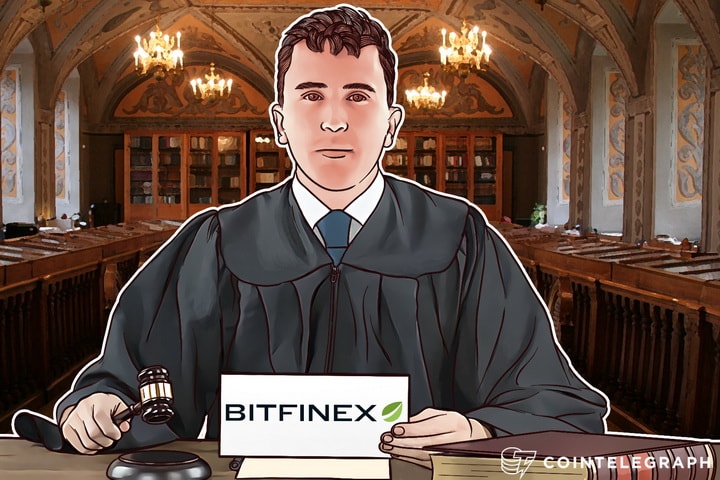Is Bitfinex’s loss socialization decision legally viable? Cornell University Professor Emin Gün Sirer doesn’t seem to think so.
The online cryptocurrency exchange experienced a hack earlier this month, resulting in a large-scale theft, causing the price of Bitcoin to drop to about $530 USD over the course of the day. In response to the loss of about $70 million worth of Bitcoin, Bitfinex has decided to socialize the loss by distributing it amongst their customer base, causing them to each lose 36% of their cryptocurrency holdings in the company.
However, that decision may not hold up. According to Sirer, who is a co-founder at IC3 (Initiative for Cryptocurrencies and Contracts), spreading the company’s losses among customers may cause legal complications:
Spoke to a lawyer, there is no way Bitfinex's "loss socialization" plan holds up in court. This is going to be...interesting.
— Emin Gün Sirer (@el33th4xor) August 6, 2016
The Bitfinex hack aftermath could get ugly
The investigation into Bitfinex’s hack could prove to be complicated beyond the possible legal implications of distributing the company’s losses amongst its entire customer base. Zane Tackett, Bitfinex’s Director of Community and Product Development, posted on Reddit:
“We are working with the FBI and European authorities on the investigation.”
By far not the only major cryptocurrency hack
In this new age of cryptocurrency’s Wild West, without well-established systems for dealing with, tracking down, and prosecuting large-scale theft, the occasional hack has become commonplace.
Recently, the DAO was hacked, resulting in the theft of millions of Ether, which led to a hard fork in the currency and the creation of Ethereum Classic. A few months ago, cryptocurrency exchange ShapeShift was hacked, resulting in significant losses and a partial recovery through negotiating with the hacker.
While mostly cryptocurrency hacks are no more than common burglaries, some have an ulterior, possibly altruistic motive. Earlier this year, a hacker known as Phineas Phisher stole $11,000 worth of Bitcoin, only to donate it to Kurdish fighters battling ISIS in the Rojava region of Syria.


